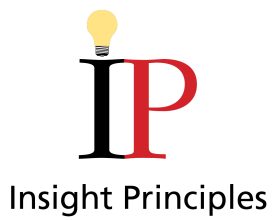Articles
The more that people wake up to their capacity to create, the less they create experiences that they don’t want. This realization frees up a tremendous amount of time for people I have been working with insight principles for many years and the single biggest difference is that I enjoy a much more creative life. Before learning about insight, I spent much of my time either worried, or deep in analytical thought, but I was unaware that this was going on. At the time I was a journalist and being interested in creative thinking, I would study writings
Interactions at work and at home have become less tense and frustrating and more simple and open I saw that my experience of every moment is coming from my own thoughts and not from what people are doing around me Trusting my innate capacity is far more important then trying to fulfill someone else’s definition of my role After being exposed to insight principles, I have decided that perhaps its highest and best use of this understanding has been and will be in its ability to simplify. The idea that everyone essentially has everything they need resonates
We generated better ideas in which everyone felt greater ownership To many executives, Insight Principles’ discussion of their methods might seem overly simplistic or “soft.” After all, to get great business results you need talented people with good analytic abilities and good data. But people often forget that how you make decisions – how you think – is also important. In that regard, this article addresses a significant business dilemma. As managers, we are under such pressure that we often don’t use quality thinking. We rush through the mechanics of decision-making and don’t give our minds the chance to



